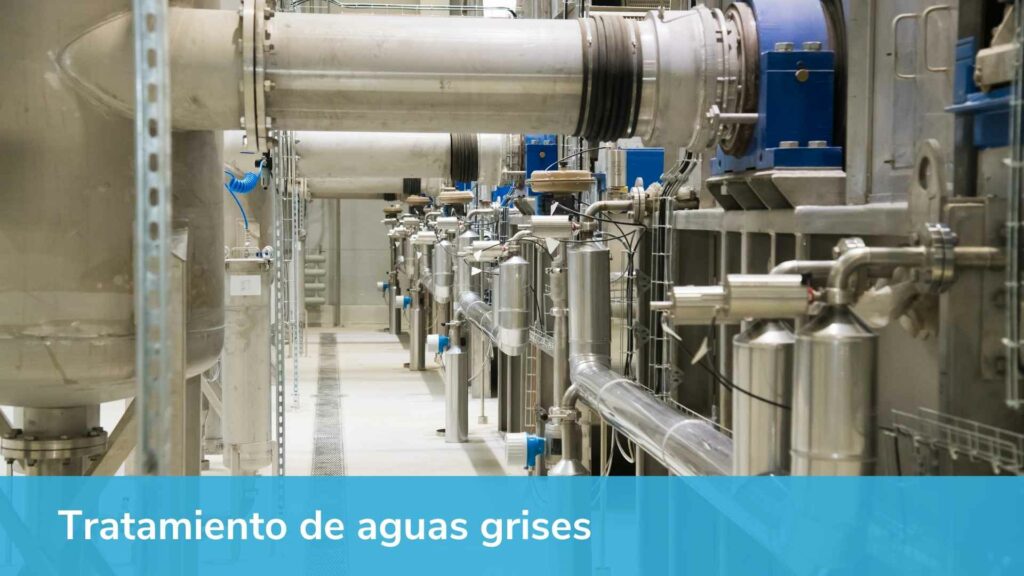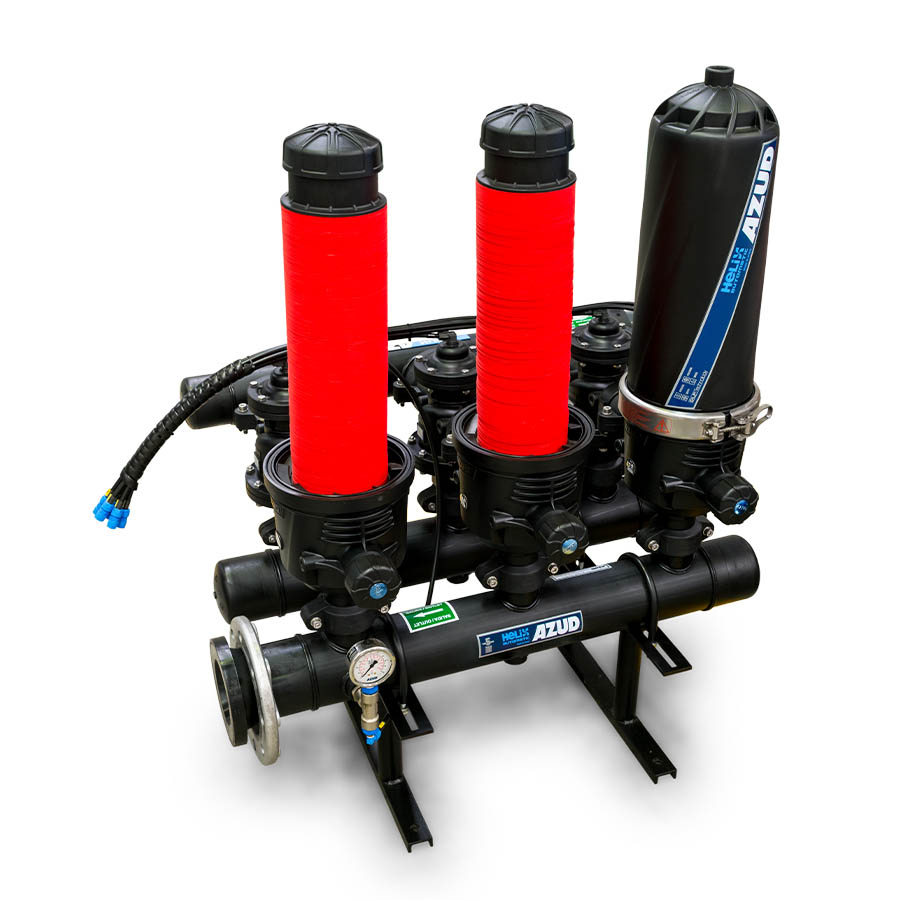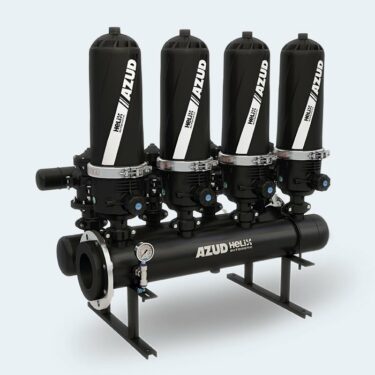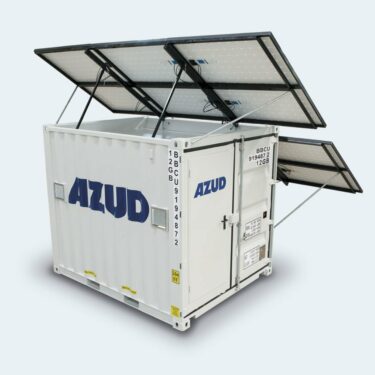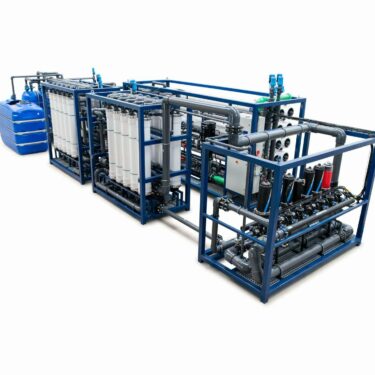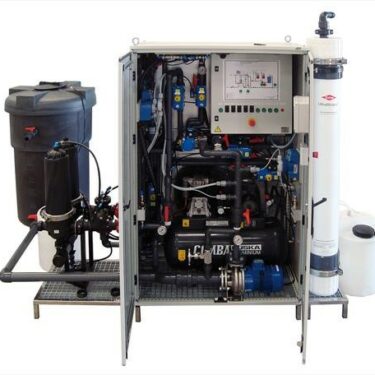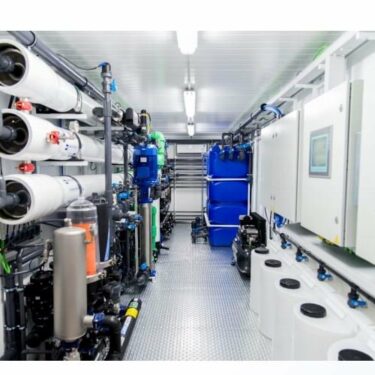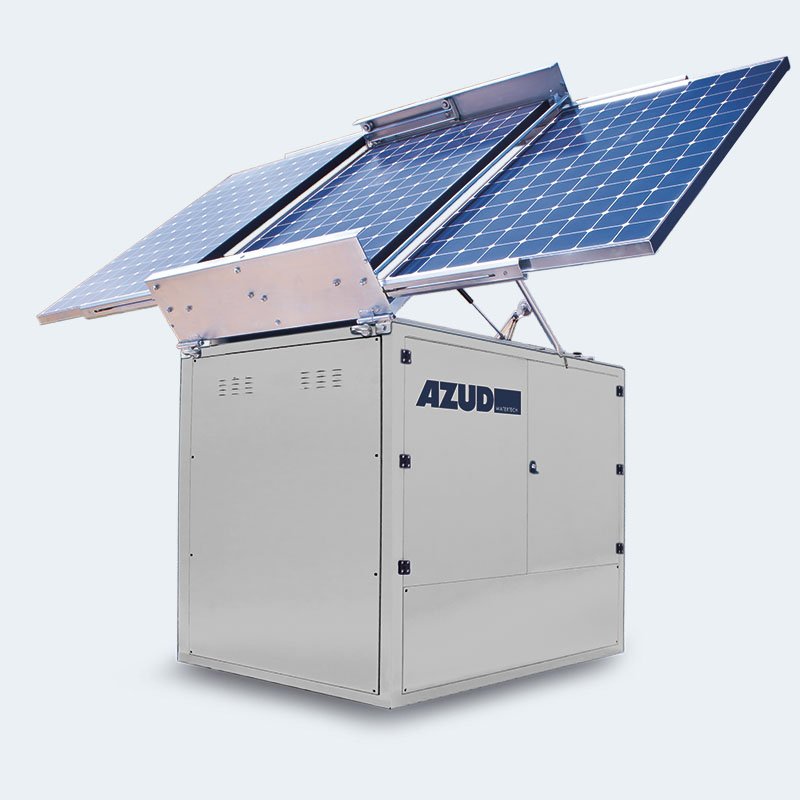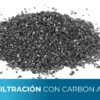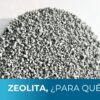What is Graywater?
Graywater is wastewater generated from “clean” services of condominiums, hotels or businesses, such as laundry, showers and hand washing , which can be reused for activities such as irrigation of gardens and artificial wetlands. In this article we will review all about gray water treatment.
It should be emphasized that this type of water does not contain fecal or dishwashing matter, gray water does not contain human waste of this type, gray water represents 50-80% of residential, hotel or industrial wastewater. Its name is due to its cloudy appearance and its condition of being between drinking water and sewage.
For the collection of gray water, it is important that in the initial infrastructure of the piping construction, the service water generated in the toilets or dishwashers service water.
What can gray water be used for?
If properly treated, they can be reused to irrigate food and ornamental irrigate. Nutrients such as nitrogen and phosphorus exist in graywater and are a great source of food for these plants.
Greywater can also be used inon-sitetoilets or other toilets for non-human contact.
What are the benefits of reusing graywater?
- Reducing the need for fresh water can significantly reduce water costs at the hotel, condominiums and helps reduce demand on the public water supply.
- Reduction in the amount of wastewater going directly to sewer or treatment systems.
Technologies for graywater recycling
Graywater is easier to treat and recycle than blackwater because of lower contaminants. All graywater contains microorganisms but should not be considered equally hazardous to some people or animals.
There are different technologies for the reuse of graywater: there are physical-chemical treatments, biological treatments or a mixed treatment of the two previous ones.
This type of treatment is combined with filters and disinfection systems. In order to make a proper treatment design, the graywater collection capacity and the need for recycled water must be known and the limiting factor must be taken into account.
In order to install a recycling system, the site must have separate networks for gray water, wastewater, recycled water and water for human consumption.
Ultrafiltration
In recent years, ultrafiltration systems for graywater have been the best option for efficiency and space. They act as a barrier to microbial organisms such as viruses, bacteria, coliforms, etc. These systems use membranes to separate unwanted substances from the feed water and discharge them to reuse or drainage. Treated or filtered feed water is then added with a little chlorine, like tap water, to disinfect treated water for industrial and commercial use. This purified water can be used for a variety of applications.
What does graywater treatment for reuse consist of?
One thing to keep in mind is that gray water can be diverted by gravity or by a pump. The equalization tank can be of any type as long as it helps contain the initial discharge of water.
Graywater is easier to clean and reuse than wastewater because it generally contains much lower concentrations of pathogens. Therefore, for sanitary reasons, it is advisable to separate graywater from wastewater. Wastewater or sewage is a combination of graywater and wastewater and must be treated in a wastewater treatment plant.
Higher concentrations of organic matter are found in the graywater from the site to be treated. Ultrafiltration (or other filtration methods) is required to remove these contaminants prior to discharge into the graywater treatment system. If this is too complicated to do, it can be redirected to a nearby sewer or sewer system.
Graywater treatment may include:
- Prefilters for sediment discs
- Ultrafiltration membranes
- In some cases UV sterilization
When not to reuse gray water?
Never use water that has been in contact with the toilet or any other similar object such as a urinal or urinal, because it can have a large amount of bacterial contamination and may be contaminated with bacteria. do not use gray water from dishwashers or dishwashers either. as it can become contaminated with grease, bacteria and various chemicals.
On the other hand, there are systems that rely on natural plants and microorganisms to treat the water and ensure that the water can be safely reused.
Tips to reduce health risks
- Check that graywater does not form puddles or have open ponds of untreated graywater.
- Try to keep your pets from drinking gray water.
- Keep people away from the place where graywater is collected.
Benefits of a graywater treatment plant AZUD
- Greywater treatment plants are a long-lasting solution with a compact size.
- Exclusive AZUD HELIX AUTOMATIC AA pretreatment, specially designed for solid filaments.
- Having a graywater treatment plant helps to automate and reduce location costs.
- Mechanical filtration, without chemicals or unnecessary consumables.
- Ultrafiltration membrane system designed for high TSS loads.
- High efficiency filter and membrane cleaning system.
- Control and monitoring to guarantee the quantity of drinking water.
- Easy to operate and maintain.
What a difference with other plants:
- Less time for installation.
- Optimizes system performance.
- Minimizes energy consumption.
- The quality of the water supplied.
- Reduces consumption of consumables and chemicals.
- Longer life time.
Related articles
https://filtrashop.com/categoria-producto/tratamiento-de-agua/filtros-multimedia-o-lecho-profundo/
https://www.carbotecnia.info/producto/planta-de-tratamiento-de-aguas-grises-gw-du-de-2-a-9-m3-h/
Need a quote, write to us.
Related water treatment plant:
-
AZUD HELIX AUTOMATIC 4DCL DLP agricultural and industrial irrigation filter
Add to quote -
Filters for cooling towers or refrigeration towers
Add to quote -
Mobile seawater desalination plant with solar panels
Add to quote -
Industrial process wastewater reuse plant 1.8 to 42 m3/h
Add to quote -
Grey water treatment plant GW DU from 2 to 9 m3/h
Add to quote -
Seawater desalination plant with reverse osmosis ZSW from 2.8 to 45 m3/hour
Add to quote -
DWE mobile water purification plant from 1.5 to 3 m3 / hour
Add to quote -
Industrial DW freshwater and brackish water treatment plant from 4 to 90 m3/hour
Add to quote

